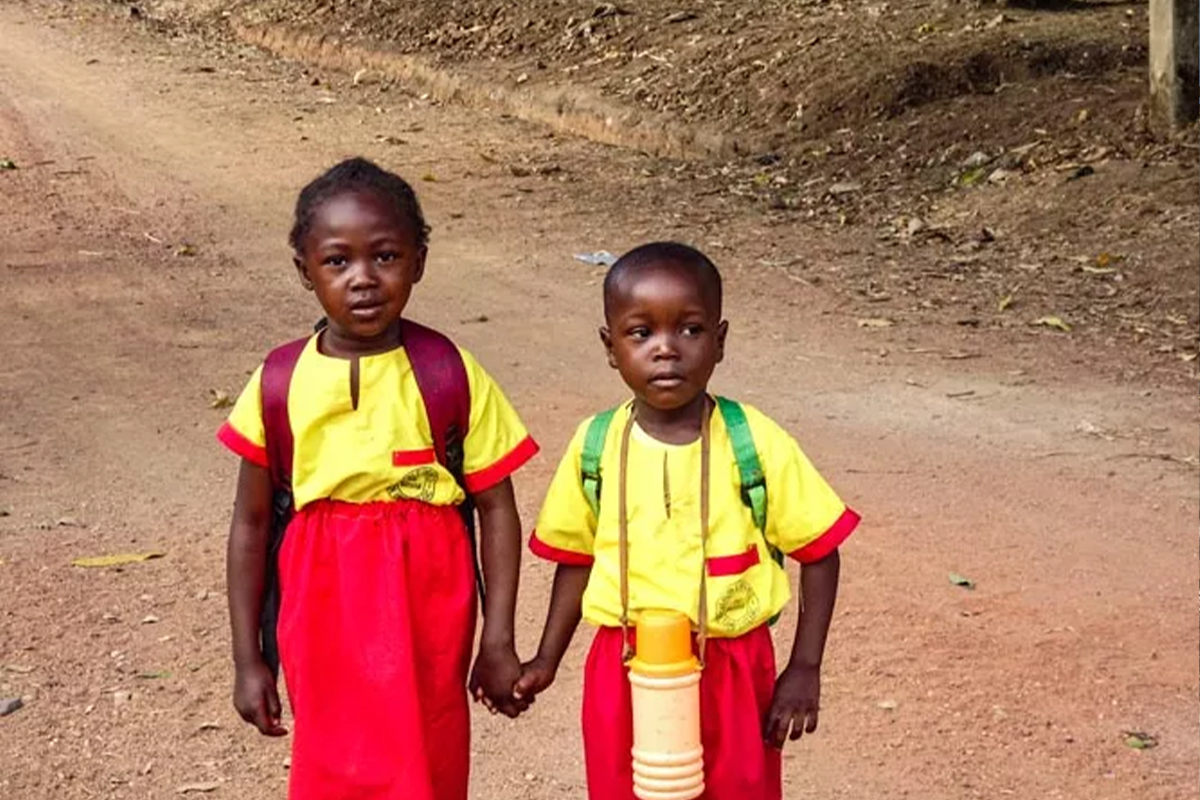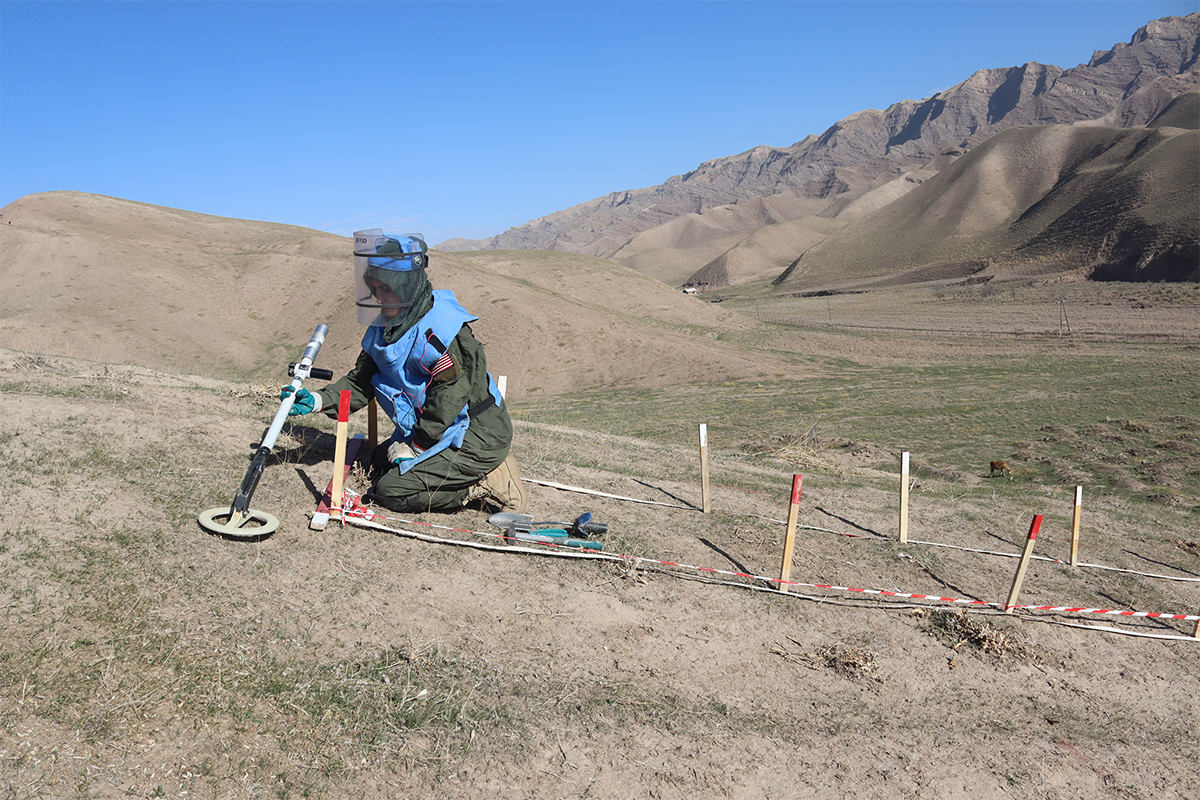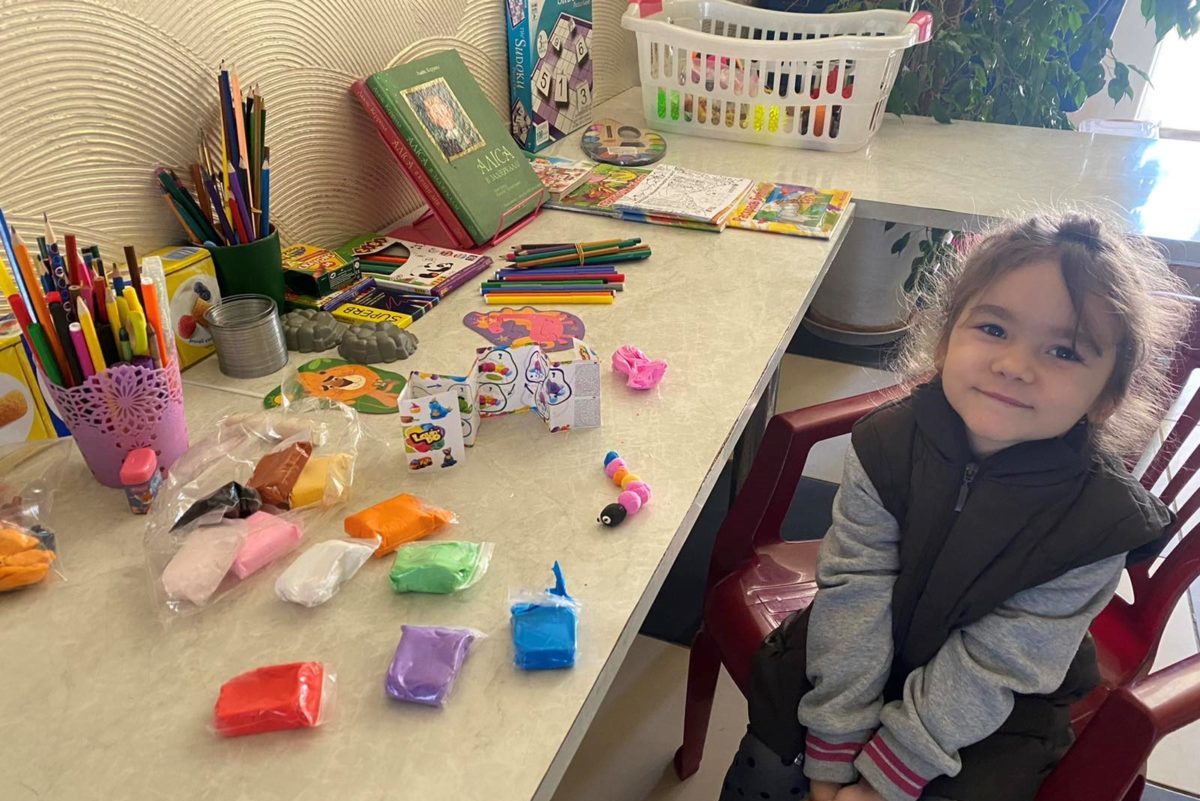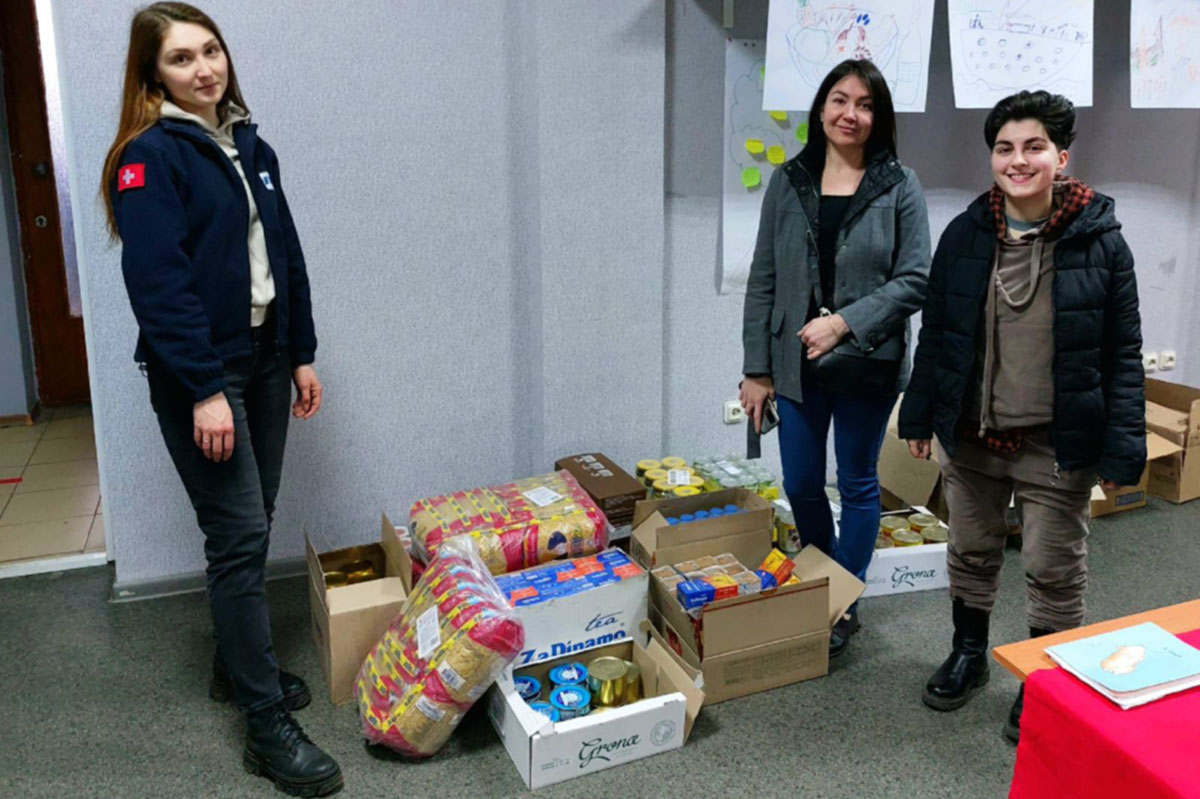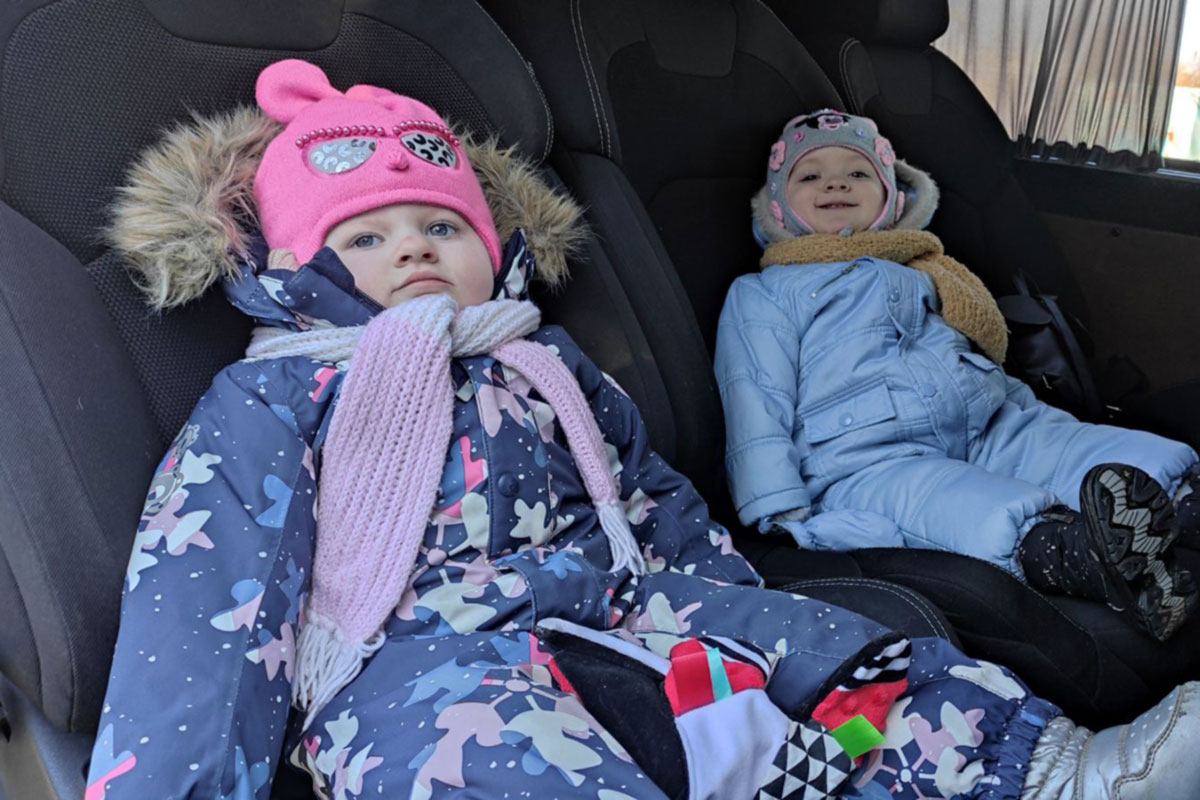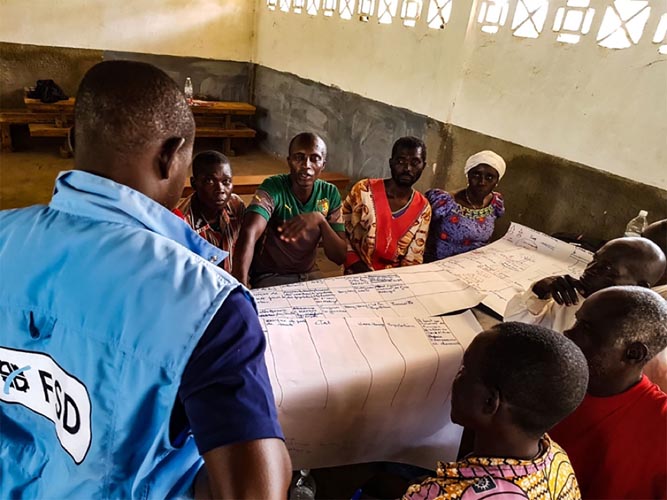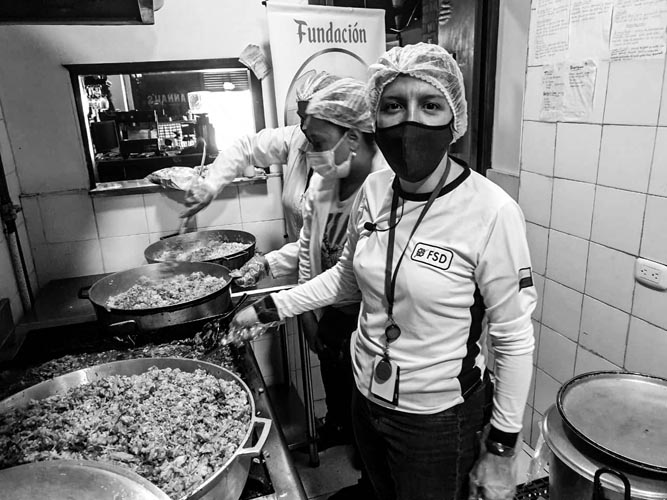The situation with regard to the COVID-19 epidemic differs from country to country in the regions in which we operate. With this in mind we have taken the decision to refocus and adapt our work to the current crisis in the Central African Republic in order to support our beneficiaries and, by extension, affected populations.
The COVID-19 pandemic is gradually reaching all African countries. Many of them still have a low exposure to the virus and a lower number of confirmed cases. Nonetheless, the epidemic is gradually spreading, and African countries are already warning about the situation to come. Their healthcare systems cannot cope with a deluge of cases because of ill-equipped medical facilities. Some communities are extremely vulnerable because they do not have the financial resources to cover the costs of medication and hospital treatments.
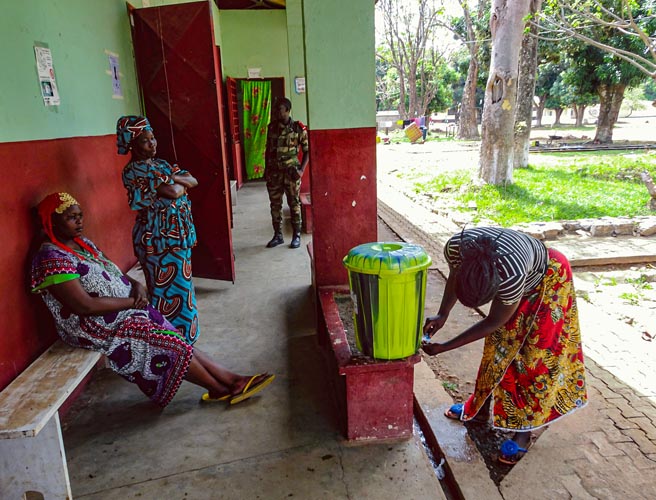
Funded by the European Union, our work in the Central African Republic consists of providing the government with logistical and administrative support and regenerating the infrastructure necessary to implement the peace agreement. This involves, in particular, the reconstruction and rehabilitation of housing, offices and other infrastructure for security forces, their families and the local communities of Bangui and Bouar. This programme enables reformed security units to ensure a lasting presence for the most vulnerable and fragile communities in the country.
On 15 April 2020, the Central African Republic officially announced a COVID-19-related public health emergency. In light of this we have adapted our operations over the course of the last two months, emphasising the implementation of simple preventive measures such as installing basic facilities for washing hands with soap throughout our programmes and in key community facilities in Bangui and Bouar. Added to this is our daily commitment to raising awareness among local communities about hygiene practices and social distancing as well as the distribution of soap, disinfectant and hand gel.
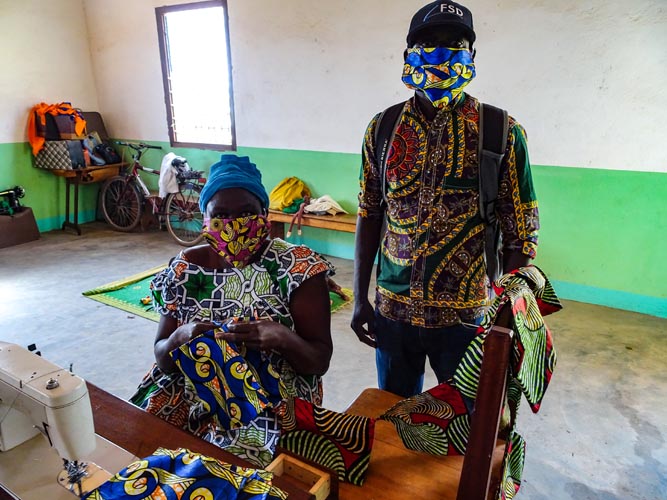
We are also working with other national partners in Bouar on the implementation of a project to support the Londo Mo Louti community centre for the education and reintegration of female victims of family conflicts. This centre teaches livelihood skills such as basket weaving or making simple clothing. We provide the centre with logistical and financial support to highlight its importance but also to encourage the use of sewing skills for the manufacture of protective masks. We have adapted our projects for the regeneration of Bouar’s infrastructure in order to focus more on support for the local infirmary by providing more beds, a blood testing laboratory, more furniture and materials (disinfectant, soap, masks, medical aprons and flyers containing basic health information).

